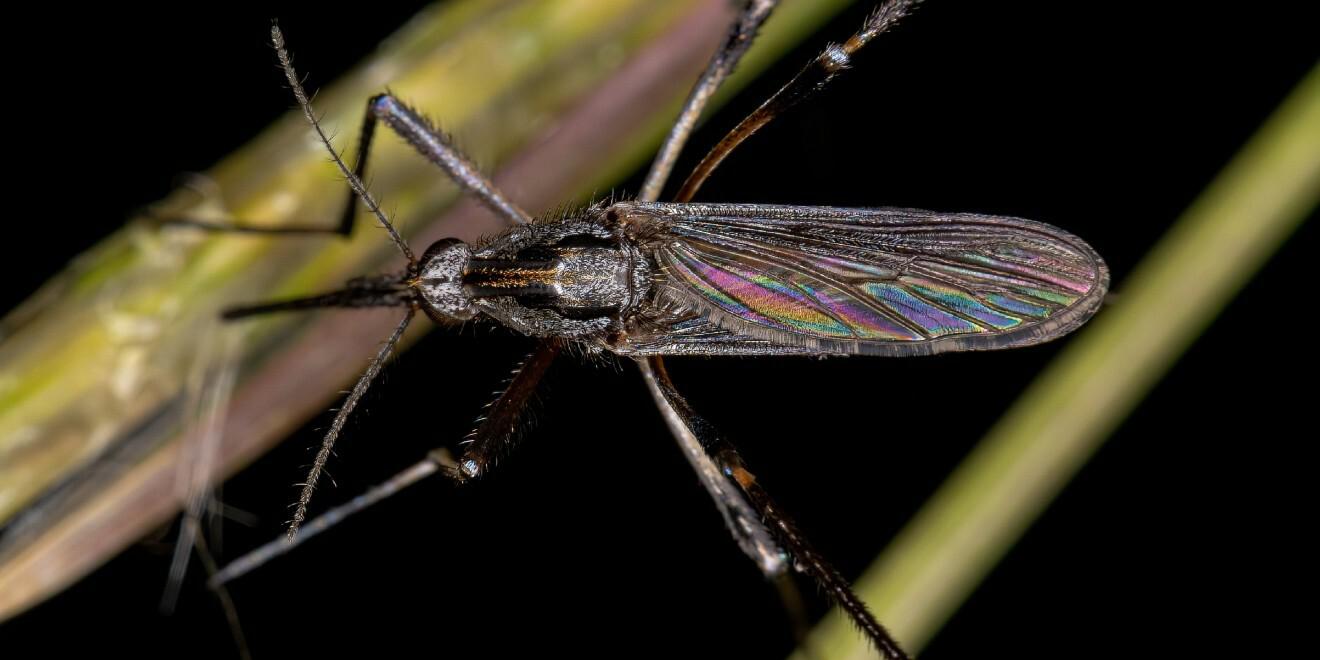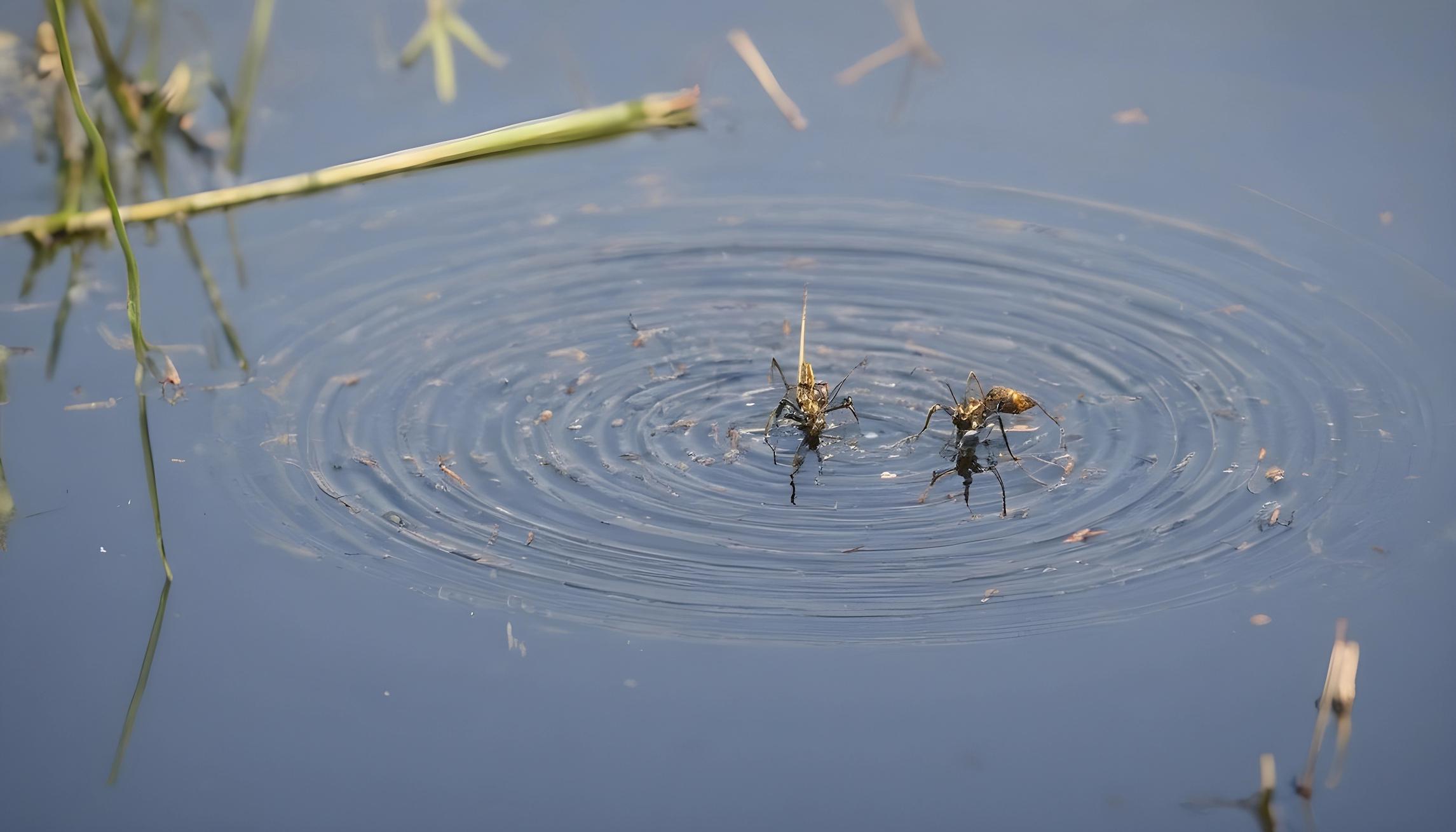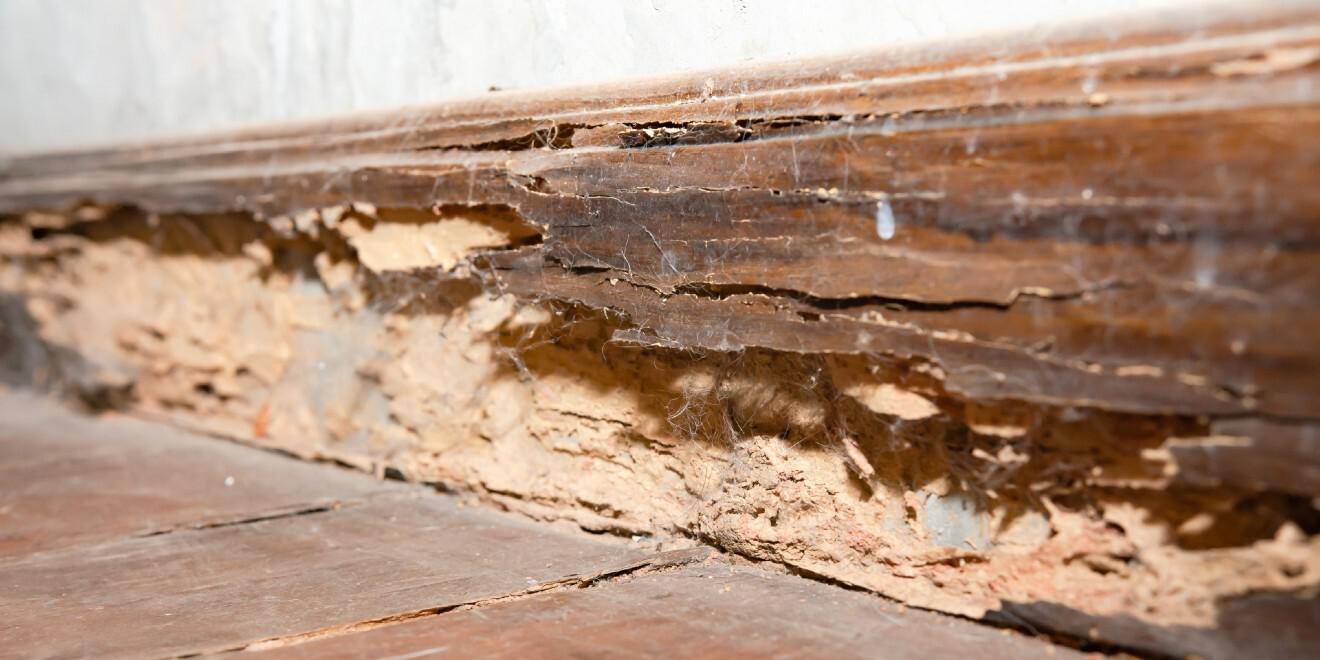Long Island tick season made worse by warm weather, experts say
Posted by Mosquito Squad
December 20, 2023

Mosquito Squad protects your property against Ticks! Our traditional barrier treatment kills adult ticks on contact.
Long Island Newsday recently featured the growing Tick Problem on the cover of the May 16th edition. Due to the unseasonably warm winters, experts say the threat of being bitten by a tick and possibly contracting a tick-borne disease has heightened. "Scientists and medical experts say the warm winters have helped keep ticks unusually active year-round. That means more bites and more chances to be infected with diseases the tiny creatures carry."
Ticks are much more than a nuisance – they are also a health threat. Like mosquitoes, ticks transmit disease – infecting tens of thousands of Americans every year. Unlike mosquitoes, ticks do not feast and flee. After plunging into their host’s skin, a tick can feed on blood for weeks. With Lyme Disease and other tick-borne illnesses on the rise in the United States, it is time to protect your children, pets, and yourself from these disease-ridden pests. The best way to keep these unwanted visitors away is to hire professional tick control technicians to defend your property. Mosquito Squad is eager and prepared to be your local solution.
Where do ticks live in my yard?
A common misconception is that ticks prefer high places, such as overhanging tree branches. Many people infer this from the fact that ticks are often found nesting in human hair. Contrary to this popular belief, ticks tend to hang out in shady spots closer to the ground. They are attracted to weeds, tall grasses, low-lying shrubs, and at the outer edge of grasslands and lawns. Ticks cannot jump or fly – they attach to humans via direct contact. Once a tick latches onto skin, it usually climbs to a protected area, such as hair or armpits.
Any Moist Or Humid Environment
Ticks enjoy shady, moist areas near the ground. They can regularly be located 1-2 feet above the ground – clinging to vegetation such as grass, brush, bushes, flowers, and shrubs.
Wood Piles
Wood piles attract ticks for two primary reasons:
- They offer shady refuge
- They harbor mice and other rodents that ticks often latch onto
High Grassy Areas
Take steps against ticks by making your lawn and garden less attractive to these pests. Keeping areas free of tall grass, weeds, and garden debris will deter small rodents from trespassing onto your property. This is doubly beneficial as rodents often transport ticks.
Wooded Areas
Ticks populate around wooded areas. It is wise to take extra precautions in late spring and early summer when in such landscapes – during this time of year, the transmission of Lyme Disease undergoes a significant uptick in new cases.
Stone Walls
Ticks often dwell in or near retaining walls, old stone walls, fences, and any structural feature along the periphery of one’s yard/property. Stone walls are also attractive to ticks because they collect and retain moisture. We make a concerted effort to treat these areas.
Leaf Piles
Grass clippings, leaf mounds, and yard debris make ideal hiding places for ticks. Instead of piling large branches and sticks in a heap, we recommend putting them in the trash or taking them to the dump.
Fallen And Low-Hanging Tree Branches
Ticks like to cling to wood. Trees with low-hanging branches offer a perfect habitat. Pruning and trimming these areas can help keep your family safe.
Overgrown Shrubs
Thick, unkempt shrubs and bushes cast a dense shade that offers a refuge for ticks. Trimming and pruning these plants will allow sunlight to filter through, keeping ticks away.
Bird Feeders
When it comes to ticks, deer receive most of the blame as culpable transmitters. However, many tick experts insist birds are the primary carriers. Every springtime, migrating birds transport millions of ticks to local bird feeders, where other animals, including deer and rodents, become infected.
______________________________________________________________
6 C’S OF TICK CONTROL
To reduce the risk of getting ticks on your property, you should contact the professional tick control experts at Mosquito Squad. Our licensed and trained professionals share with you the 6 C’s of tick control tips to help keep ticks out of your yard.
Clear out
Reduce your tick exposure by clearing out areas where lawn and tree debris gathers. Ticks thrive in moist, shady areas and tend to die in sunny, dry areas. Don't position playground equipment, decks, or patios near treed areas.
Clean
Eliminate leaf litter by cleaning it around the house and lawn edges. We also recommend mowing tall grass to keep your lawn short.
Choose Plants
Since deer can bring ticks to your yard, select plants and shrubs that don’t attract deer. You can also install physical barriers to keep deer out of your yard. Check with your local nursery to determine the best choices for your area. Learn which plants deter deer from HGTV.
Check Hiding Places
Know tick hiding places and check them frequently. Fences, brick walls, and patio retaining walls are popular hiding places.
Care for Family Pets
Family pets can suffer from tick-borne disease and can also carry infected ticks into your home. Talk to your veterinarian about using tick collars and sprays.
Calls the Pros
Professional tick control can offer two levels of service to eliminate ticks before they get to you. Our traditional mosquito control treatment kills adult ticks on contact, while tick tubes are placed around your property to entice mice. Mice collect the cotton in the tick tubes for bedding, and since most ticks get their first blood meals from mice, they are exposed to the treated cotton that effectively eliminates them. Strategically placed, tick tubes prompt field mice to incorporate tick-killing material in their bedding. This helps effectively eliminate hundreds of tick nymphs found in each mouse nest.















